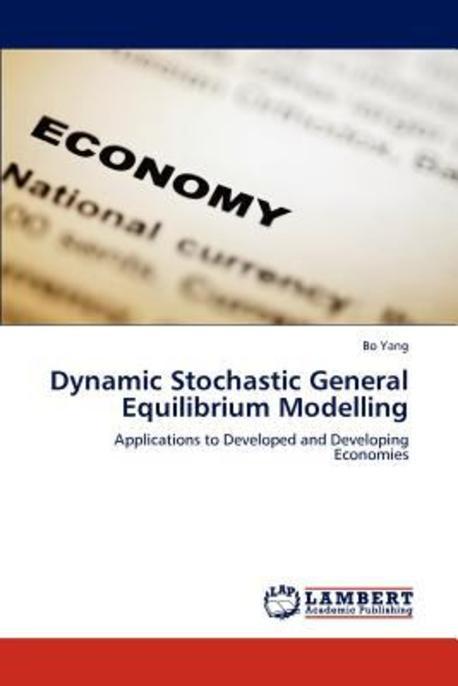
Recursive Macroeconomic Theory
- 판사항
- Fourth ed
- 발행사항
- Cambridge, Massachusets : MIT Press, 2018
- 형태사항
- xxxvii, 1437 pages ; 24cm
- 서지주기
- 참고문헌(p.1391-1424) 및 색인 수록
소장정보
| 위치 | 등록번호 | 청구기호 / 출력 | 상태 | 반납예정일 |
|---|---|---|---|---|
지금 이용 불가 (1) | ||||
| 자료실 | E208102 | 대출중 | 2025.08.18 | |
- 등록번호
- E208102
- 상태/반납예정일
- 대출중
- 2025.08.18
- 위치/청구기호(출력)
- 자료실
책 소개
Recursive methods provide powerful ways to pose and solve problems in dynamic macroeconomics. Recursive Macroeconomic Theory offers both an introduction to recursive methods and more advanced material. Only practice in solving diverse problems fully conveys the advantages of the recursive approach, so the book provides many applications. This fourth edition features two new chapters and substantial revisions to other chapters that demonstrate the power of recursive methods.
One new chapter applies the recursive approach to Ramsey taxation and sharply characterizes the time inconsistency of optimal policies. These insights are used in other chapters to simplify recursive formulations of Ramsey plans and credible government policies. The second new chapter explores the mechanics of matching models and identifies a common channel through which productivity shocks are magnified across a variety of matching models. Other chapters have been extended and refined. For example, there is new material on heterogeneous beliefs in both complete and incomplete markets models; and there is a deeper account of forces that shape aggregate labor supply elasticities in lifecycle models.
The book is suitable for first- and second-year graduate courses in macroeconomics. Most chapters conclude with exercises; many exercises and examples use Matlab or Python computer programming languages.
About the Author
Lars Ljungqvist is Professor of Economics at the Stockholm School of Economics.Thomas J. Sargent, awarded the 2011 Nobel Prize in Economic Sciences, is Berkley Professor of Economics and Business at New York University and Senior Fellow at the Hoover Institution.




